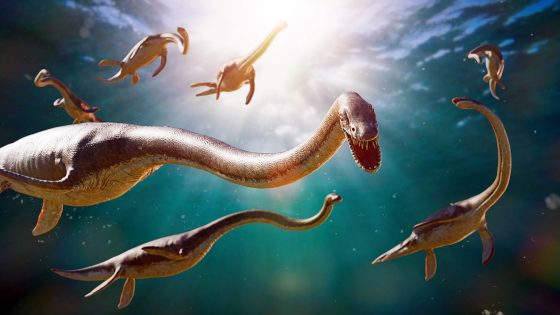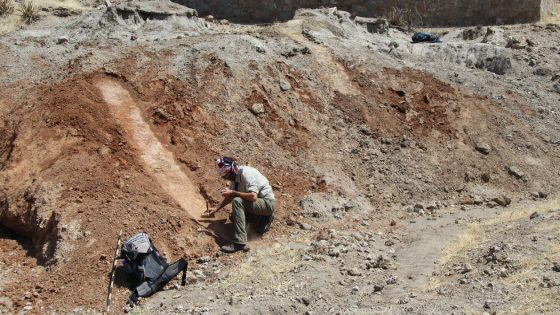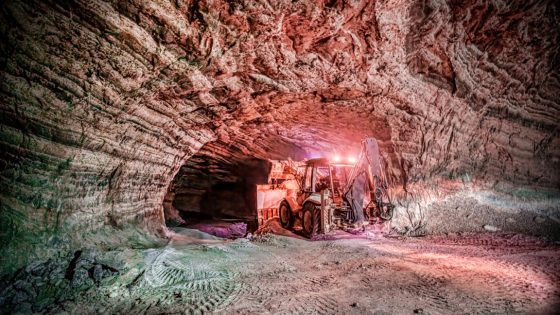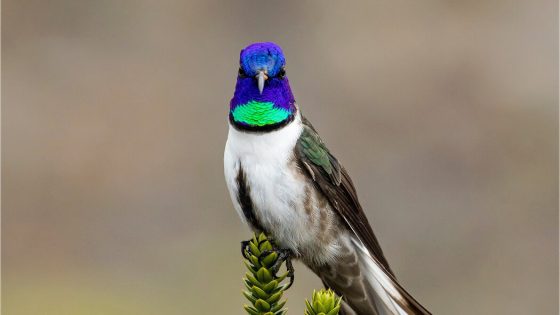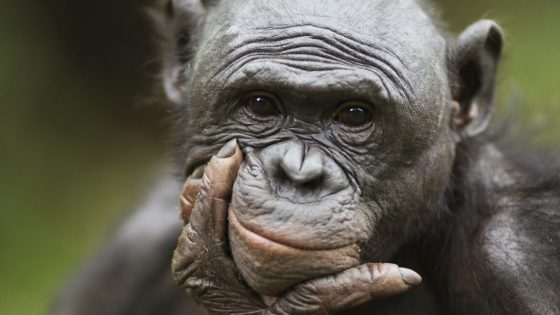Ancient marine reptiles once swam in what is now central Colombia, proving to be more fearsome predators than today’s killer whales. This discovery, made by scientists studying fossils, reveals a complex food web that challenges our understanding of ocean ecosystems. What does this mean for our view of prehistoric life?
- Ancient marine reptiles were formidable predators.
- They occupied a higher trophic level than orcas.
- Research focused on the Paja Formation fossils.
- Competition shaped evolutionary strategies in oceans.
- Study insights help understand ecosystem recovery.
- Future research may reveal more predator sites.
Ancient Marine Reptiles: Predators Beyond Our Imagination
How did ancient marine reptiles become such powerful predators? These creatures, some over 33 feet long, occupied a unique place in the food chain. Their dominance raises questions about how ecosystems evolve over millions of years.
Exploring the Cretaceous Food Web and Its Implications
Researchers have uncovered a fascinating picture of the Cretaceous ocean, where ancient marine reptiles thrived at the top of the food chain. This study reveals how these predators shaped their environment and influenced biodiversity. Key points include:
- Marine reptiles reached unprecedented sizes and feeding capabilities.
- They occupied a higher trophic level than modern marine predators.
- This research offers insights into the evolution of marine ecosystems.
- Understanding ancient food webs helps US predict responses to current ecological challenges.
The Role of Competition in Marine Evolution
Competition among marine species drives evolutionary changes. During the Mesozoic era, intense predation pressure led to the development of unique feeding strategies among ancient reptiles. This competition fostered adaptations that allowed these creatures to thrive, setting the stage for future marine life.
Lessons for Modern Marine Ecosystems
Studying ancient marine reptiles provides valuable lessons for today’s ocean ecosystems. As climate change and habitat loss threaten marine biodiversity, understanding past adaptations can guide conservation efforts. The legacy of these prehistoric predators reminds us of the importance of top-tier species in maintaining ecological balance.
In conclusion, the study of ancient marine reptiles not only enhances our knowledge of the past but also offers critical insights for the future of marine ecosystems. As we continue to explore the depths of our oceans, who knows what other remarkable discoveries await?



